
If the situation were to ultimately turn out like in the case of the 14th century plague, then anything we could write now would be nothing but idle talk. However, there is a chance that after the current pandemic we will return...
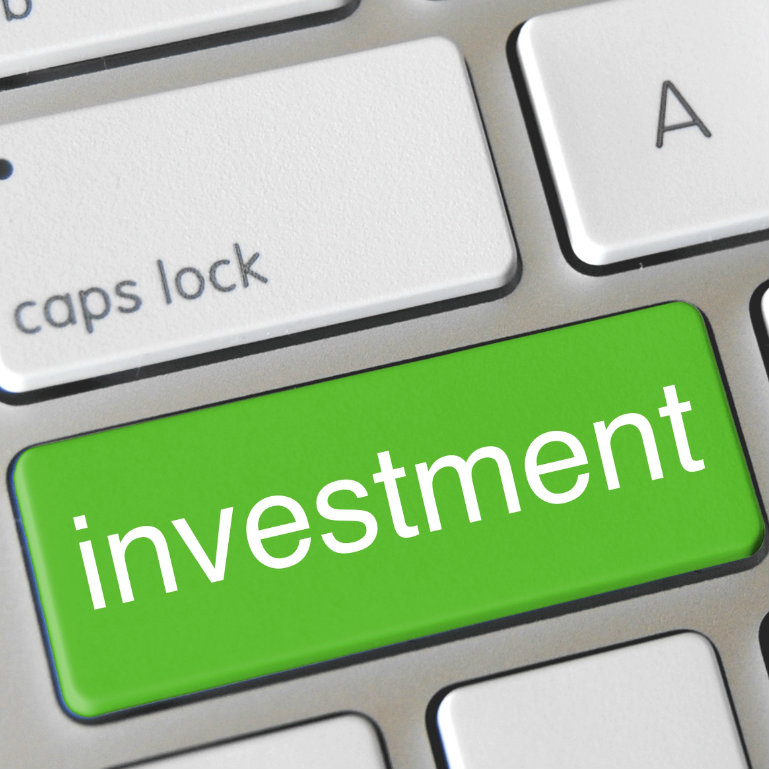
In 2018, the Western Balkans recorded the largest inflow of greenfield direct investment (FDI) with the value of USD9.36bn in 2018, the highest amount since 2003, according to the fDi report
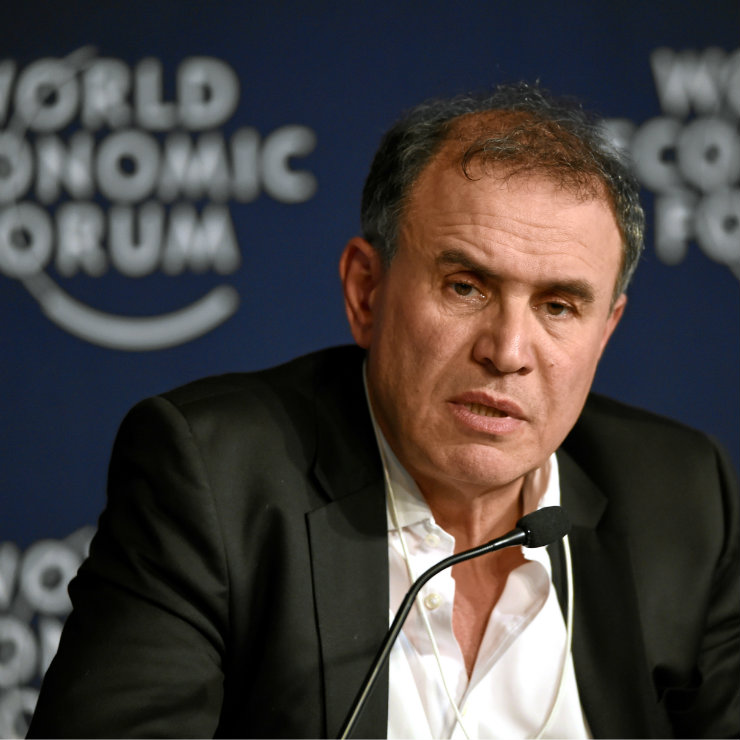
During this year European Financial Congress in Sopot optimistic assessments concerning the current condition of the global economy mixed with pessimism regarding its future.

Some blame government for crises, others the free market. Both groups are wrong, argues Alex J. Pollock, an American philosopher of economics.
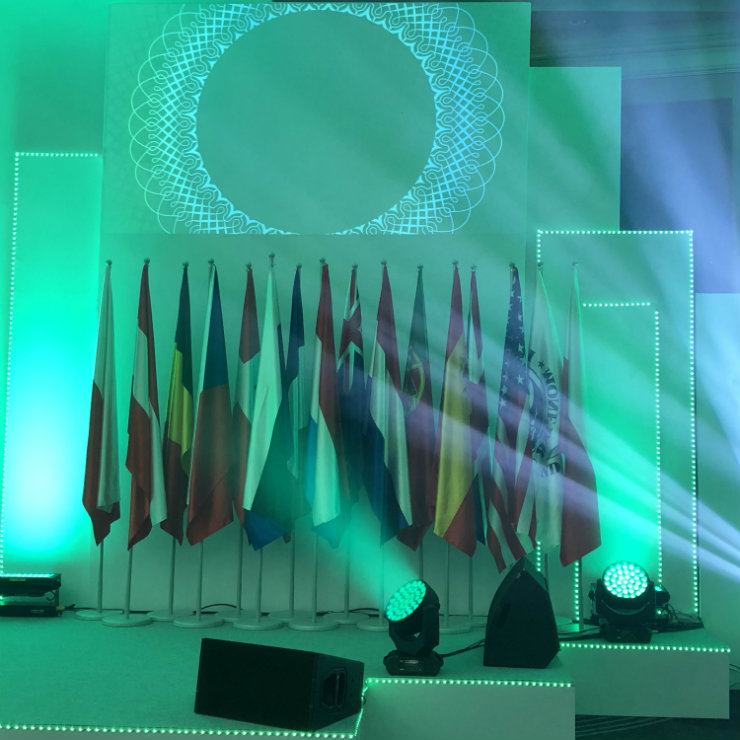
The slowdown of productivity is a fact, said Professor Adam Glapiński, Governor of Poland's central bank NBP, during the 8th Annual NBP Conference on the Future of the European Economy.

Europe needs productivity growth, said Hans Peter Lankes, Managing Director for corporate strategy at the European Bank for Reconstruction and Development.
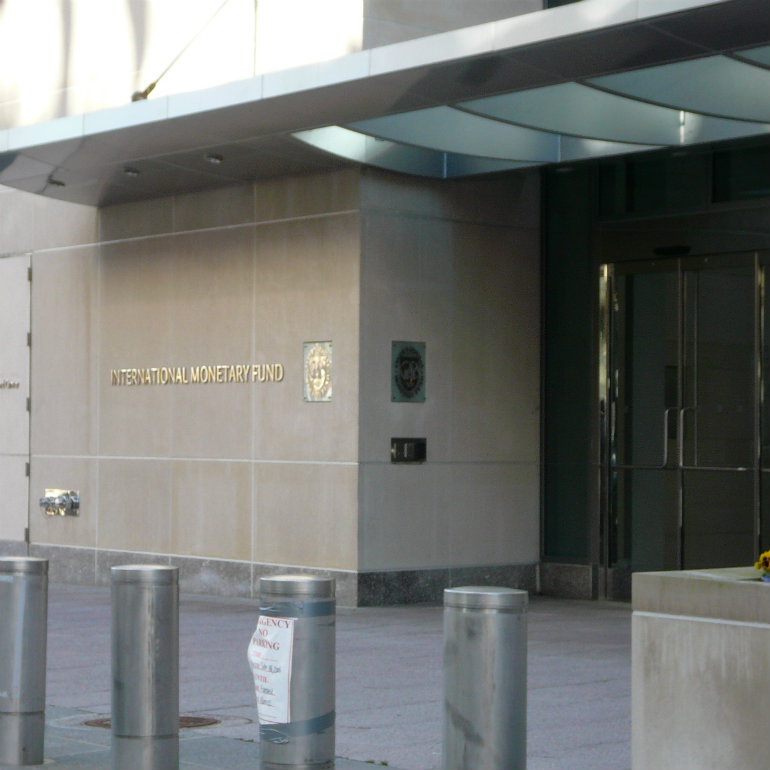
The International Monetary Fund still believes that emerging markets will return to the economic prosperity which characterized them in the first decade of this century.
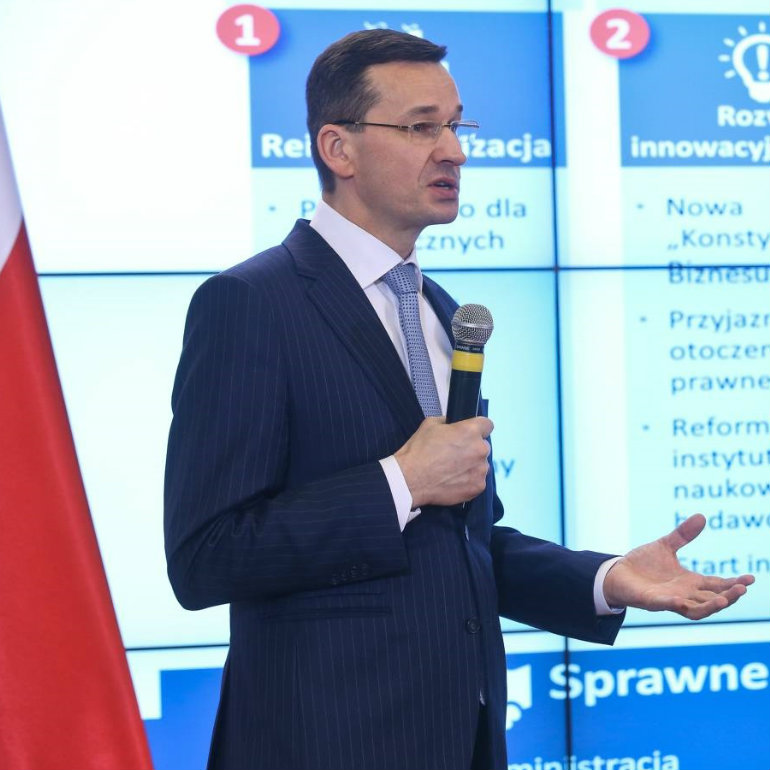
The plan for Responsible Development provides for Polish drones, passenger ferries, trains and mining machines, but also investments in cyber-security and biotechnology.
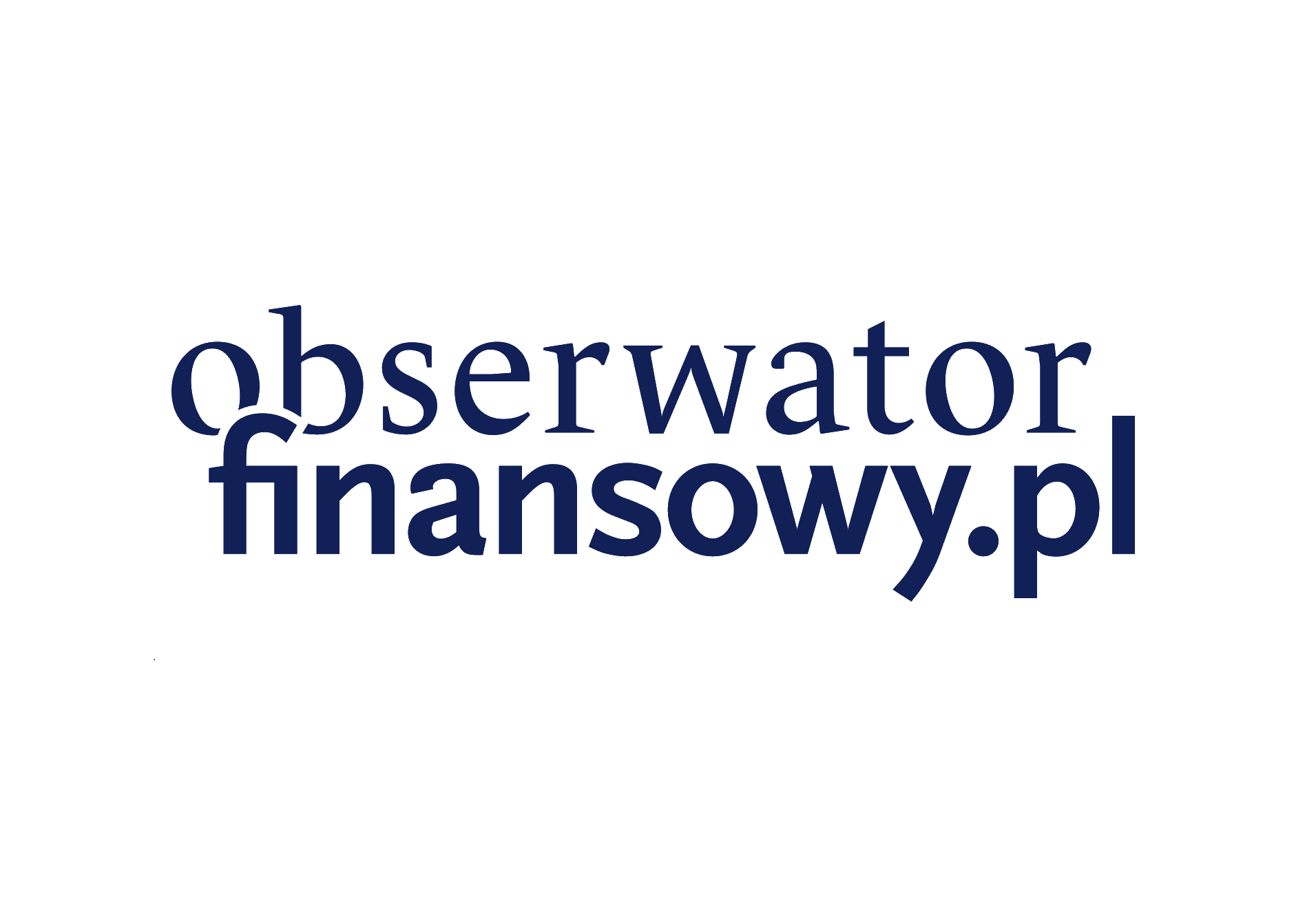
Some of the fastest growing CEE economies have also seen large fluctuations in GDP growth with adverse consequences on unemployment and migration

Central European Financial Observer talks to George Magnus, a former Chief Economist and Senior Economic Adviser of UBS, London.